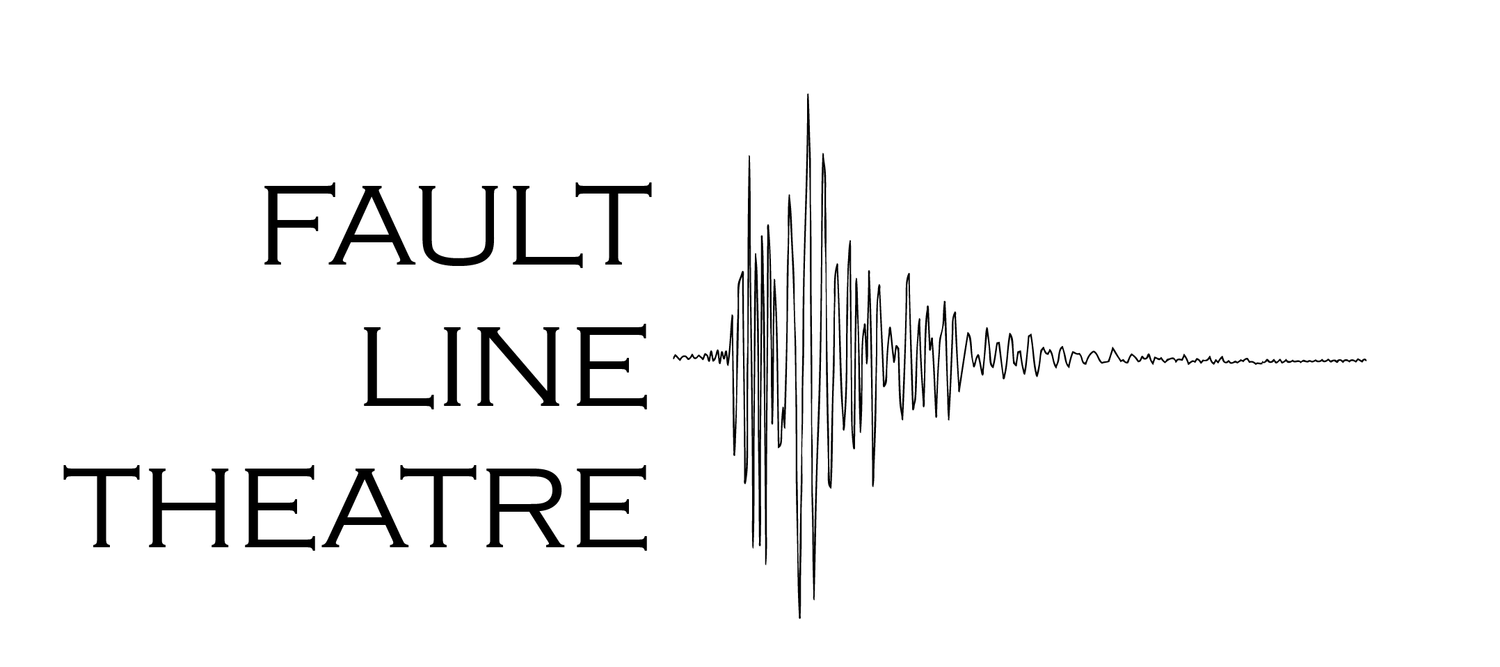AKA Relating to People
As I was watching Karl, Jimmy, and Michael put the second scene of From White Plains on its feet yesterday, I thought to myself, “Does a person who doesn’t work in the theatre really know what a director does?” If I wasn’t a theatre practitioner I think I would assume that a director’s primary responsibility is to tell people where to stand. While it’s true that a director is responsible to an extent for the composition of the stage pictures that the audience sees, that’s far from the whole story.
My father is very successful in the business world. Over the course of many years he worked his way up from being an entry level engineer to running international corporations. I told him once that I could never do what he does, and to my surprise he disagreed. He said that I’m good with people and that what he does is a people business above anything else. Obviously there’s some specific technical knowledge required, but beyond that it’s about the ability to relate to people, and to use that ability to achieve the desired results. That’s exactly what a great director does.
Watching Michael work with Karl and Jimmy yesterday only reinforced what I’d learned in the conversation with my dad. Michael, like a good CEO, creates a space that allows his collaborators to excel and do their best work. He is caring, open, and generous with his actors and his demeanor infuses the rehearsal room with a spirit of collaboration that is necessary for success. Creating this collaborative environment removes ego from the process and places the play and storytelling at the center of everyone’s focus.
Once this tone is set, the work becomes more technical. A good director must possess an intimate understanding of the play and be able to confidently discuss the major events in the text and how they relate to one another to form the structure of the piece and reveal characters’ relationships. Most daily conversations we have involve hundreds of tiny changes in tactics and intentions, split off into tangents, and contain many subconscious levels of understanding that we take for granted. Michael excels at breaking down the text of a play to illuminate these details. He communicates these discoveries in a clear and actable way that yields nuanced and emotionally truthful performances from his actors before they even get up from the table. When the actors do get on their feet, they now have a solid foundation to work from and are able to physicalize the play in a seemingly organic way because so much emphasis was placed on understanding the play at the table. Then if Michael doesn’t like what he sees, he just tells them where to stand. Seriously though, he’s a really good director.
Come see From White Plains and see what I mean.
